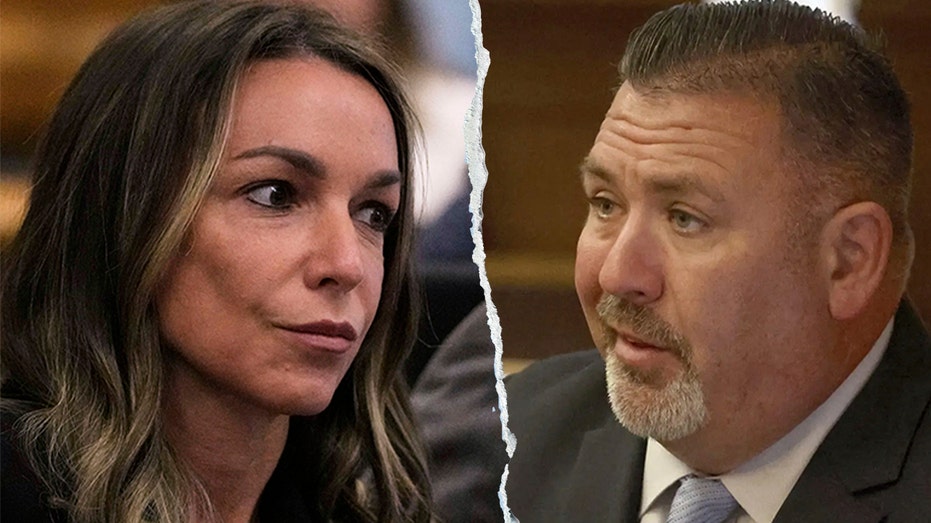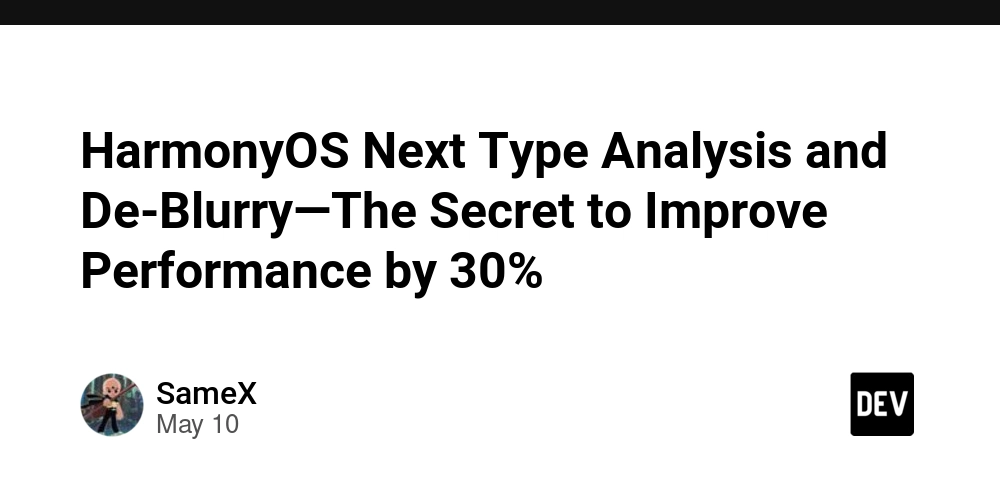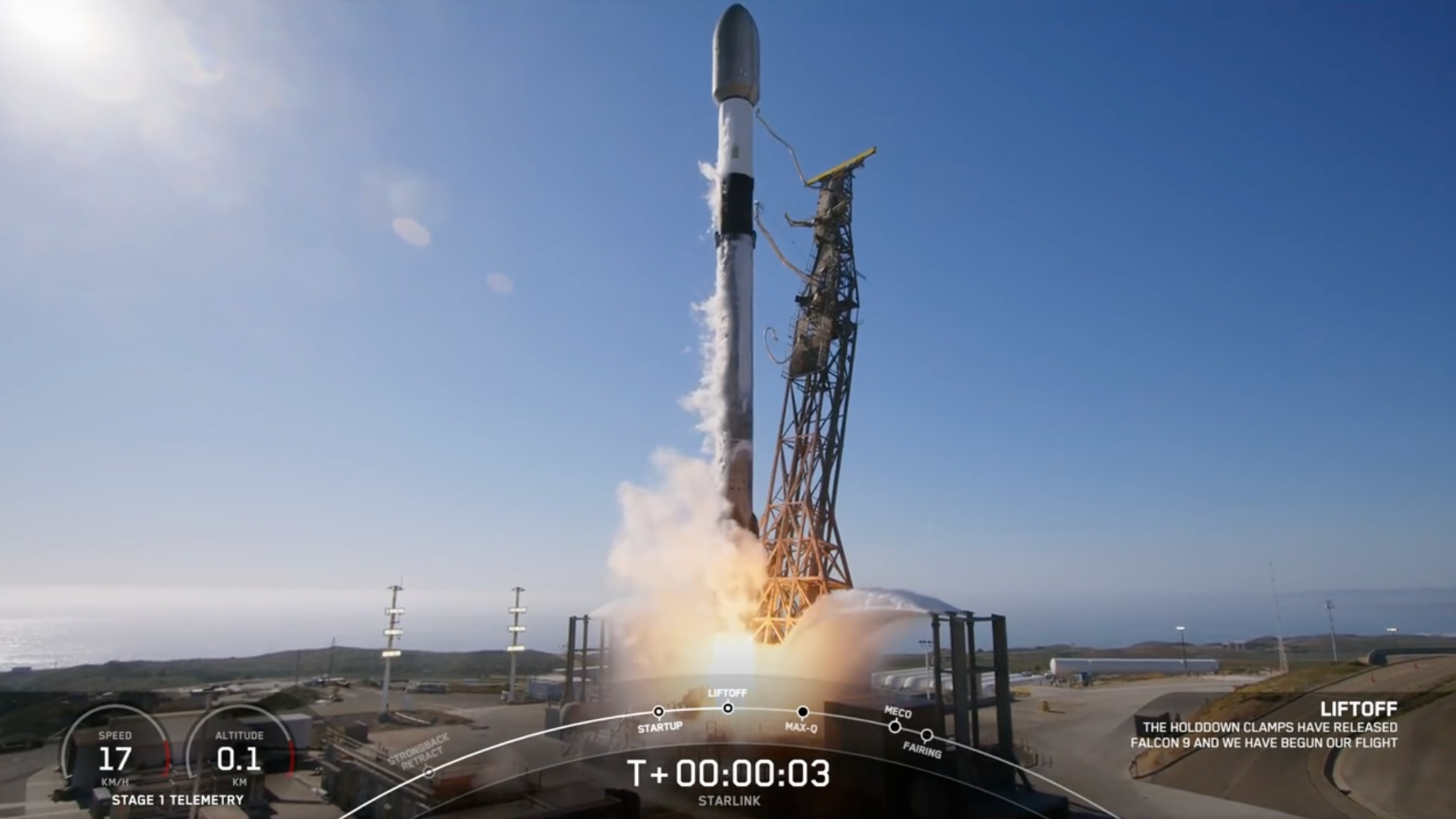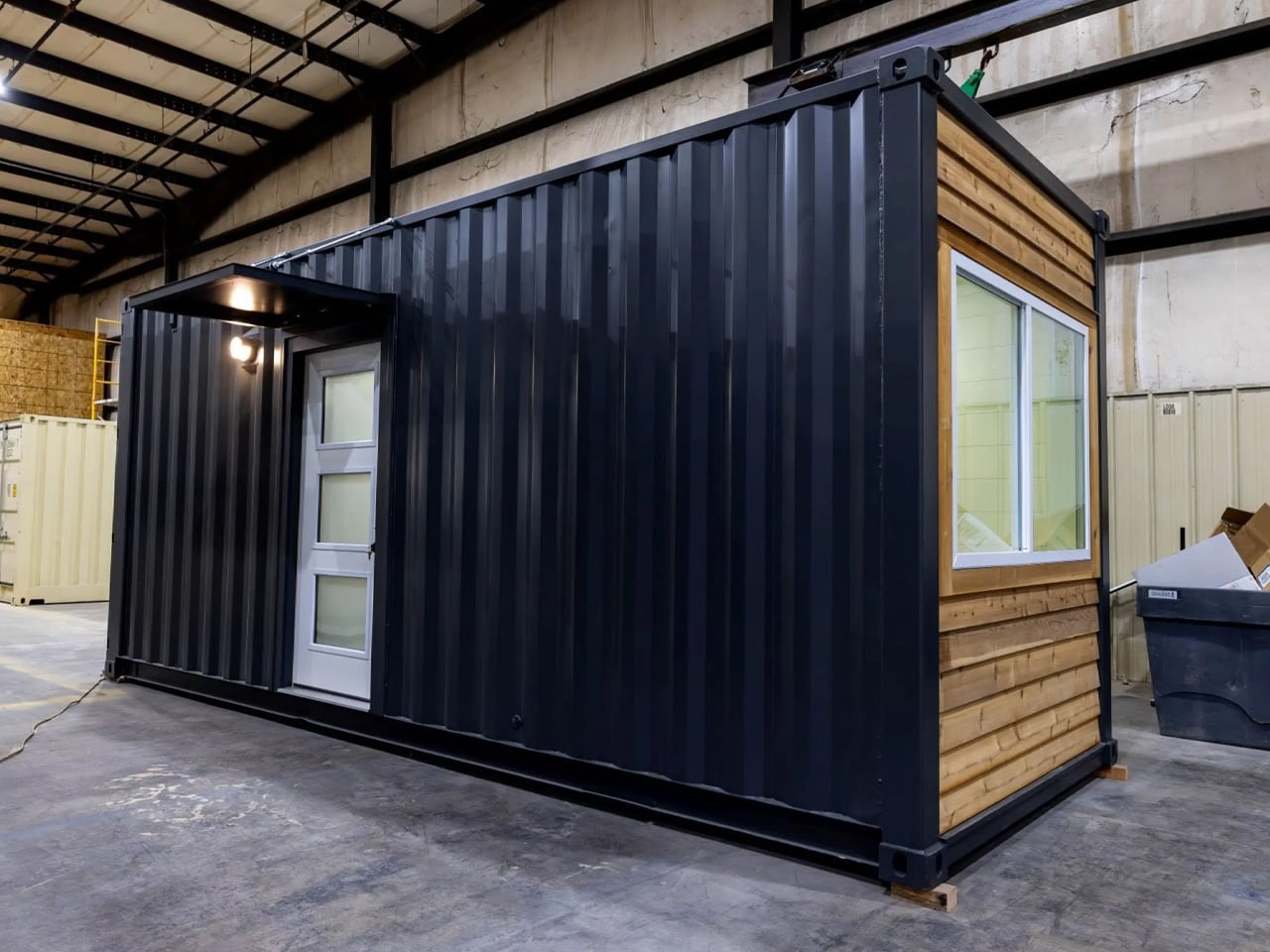After mass layoffs, IRS to plug holes with AI
The IRS may replace axed revenue agents with AI, as the Treasury proposes further budget and staff cuts.


The Internal Revenue Service (IRS) has plans to take advantage of the "AI boom" to fill glaring workforce gaps, following the layoff of thousands of tax agents.
In a May 6 oversight hearing of the House Appropriations Committee, U.S. Treasury Secretary Scott Bessent explained that the agency would be leaning into AI solutions in order to accommodate further reductions in the IRS' budget and staff and not fall behind on tax collection. The Treasury's budget proposal includes the removal of another 40,000 jobs.
According to Bessent, proposed cuts to the agency's IT budget could be an opportunity to modernize and restructure the agency's existing IT infrastructure, as the current administration hones in on "wasteful" spending. "I believe, through smarter IT, through this AI boom, that we can use that to enhance collections. And I would expect that collections would continue to be very robust, as they were this year,” he said.
"IRS already uses AI for business functions including operational efficiency, compliance and fraud detection, and taxpayer services," the agency told the Register.
The tax agency has lost about 11 percent of its workforce since Trump appointee Elon Musk set its sights on downsizing the federal government through the Department of Government Efficiency ("DOGE) — Musk has reportedly set a goal of trimming the IRS down by at least 40 percent, with internal memos alerting staff to biweekly Reduction in Force (RIF) notices. According to a recent report by the Treasury Inspector General for Tax Administration (TIGTA), an agency watchdog, the majority of those cuts have affected revenue agents. Between January and March, 31 percent of agents have been terminated or taken a deferred resignation plan. That's around 3,600 auditors now off the job.
Elsewhere in the federal government, agencies are implementing more AI solutions at the behest of the administration's Big Tech leaders. Supplementing President Trump's executive orders and updated policies on the federal government's AI use, generative AI has become new priority items for the Department of Defense, the Food and Drug Administration (FDA), and the Department of Health and Human Services (HHS).
In February, Musk announced he was developing an AI chatbot to analyze government contracts and "increase productivity" among U.S. General Services Administration (GSA) employees. DOGE has also reportedly begun staffing a project to place AI agents in government offices. Musk was later accused of directing DOGE to use AI to surveil internal communications between federal workers, including employees at the Environmental Protection Agency (EPA).















































































